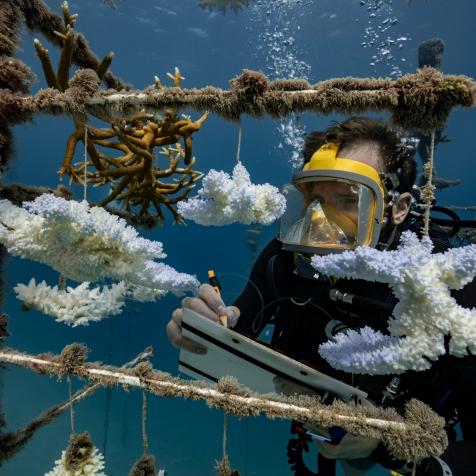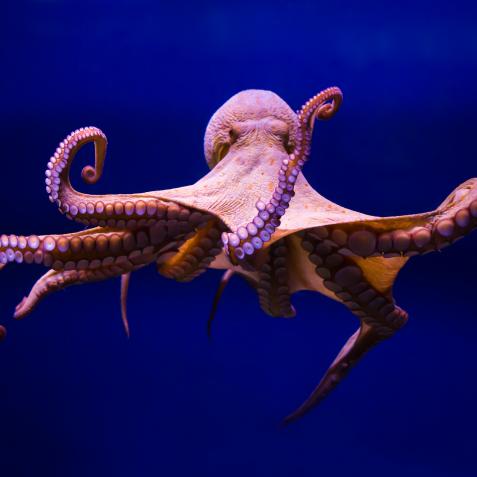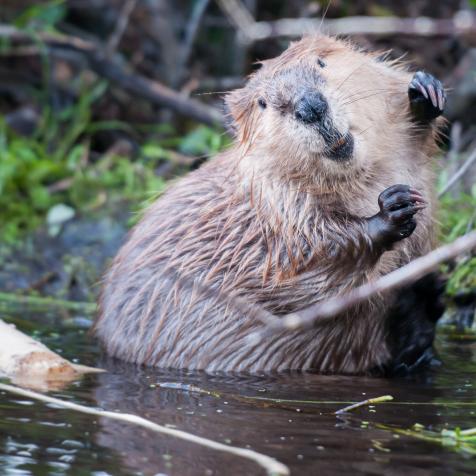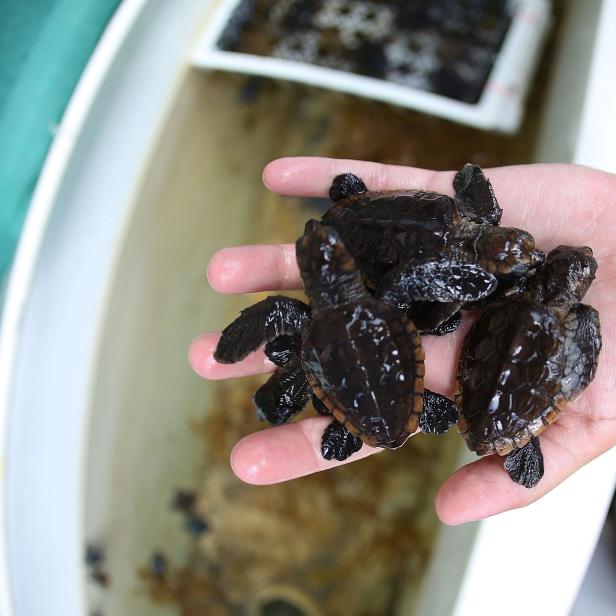
Joe Raedle
99% of Sea Turtles are Now Born Female. Here's Why.
Global warming is creating a crisis in sea turtles' gender ratios, where 99% of them are being born female. Sea turtle populations have been facing a significant population decline further exasperated by climate change.
Floridian sea turtles for the past four years have been facing the hottest summers in Florida state history. Bette Zirkelback, a manager of the Turtle Hospital within the Florida Keys, noted that “Scientists that are studying sea turtle hatchlings and eggs have found no boy sea turtles, so only female sea turtles for the past four years.”
This startling trend shows how climate change is affecting the biodiversity within our world, while species struggle to adapt fast enough to these unnatural changes. Commonly, sex is determined during fertilization but in alligators and sea turtles something unique occurs. When female sea turtles bury their eggs in the sand, the sex is determined by the temperature of the sand along the shore. These turtle eggs will nest for around two months and their sex is precariously determined by a difference of around 7 degrees. Sea turtles that incubate below 81.86 F, 27.7 C, will be born male. If sea turtles incubate above 88.8 F, 31 C, they will be born female.
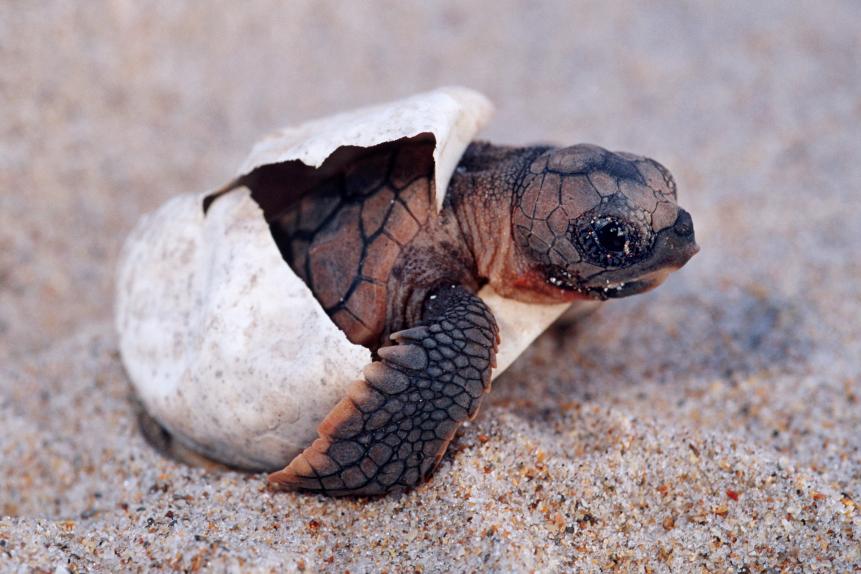
VW Pics
Melissa Rosales Rodriguez, a sea turtle keeper at the Miami zoo turtle hospital, expressed her concerns saying, “Over the years, you’re going to see a sharp decline in their population because we just don’t have the genetic diversity. We don’t have the male-to-female ratio needed in order to be able to have successful breeding sessions.”
In sea turtle hotspots around the world, there is a huge need for sea turtle rehab centers to ensure the future of sea turtles.









